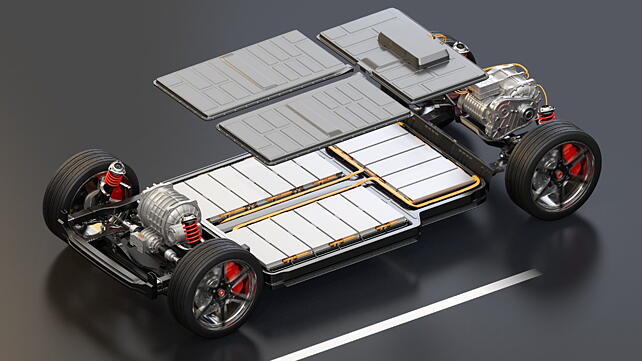
The Ministry of Heavy Industry, Government of India has issued a memorandum notifying fresh testing parameters to enhance human safety of electric vehicles incentivised under the government’s PLI scheme for automobiles and auto components, PLI scheme for advance chemistry cell (ACC) as well as the FAME II scheme.
These tests, done internationally, will be made mandatory from April 1, 2023 for claiming incentives or payouts under the said schemes.
These tests, the Ministry said, will help enhance quality at the levels of battery pack, battery management systems and cell. Significantly, the Ministry further said if any of these tests fall under the CMVR guidelines having implementation timelines before April 1, 2023, then CMVR timelines will take precedence.
While issuing the guidelines for battery safety test, the MHI memorandum stated that cell level tests must be conducted as per international standard UL 1642, which include an impact test, temperature cycling, shock, vibration, fire exposure and altitude simulation.
For BMS tests, one must ensure over current protection, communication interface, cell voltage for each series check, current sensors check, cell temperature check, fuse current check and cell balance function check.
The battery pack level tests must include case stress, drop/free fall, immersion, crush and imbalance charging.
Also Read:
India Must Focus On Indigenous EV Battery Manufacturing: ADL
Delhi Government To Soon Launch Portal For Retrofitting ICE Vehicles To EVs